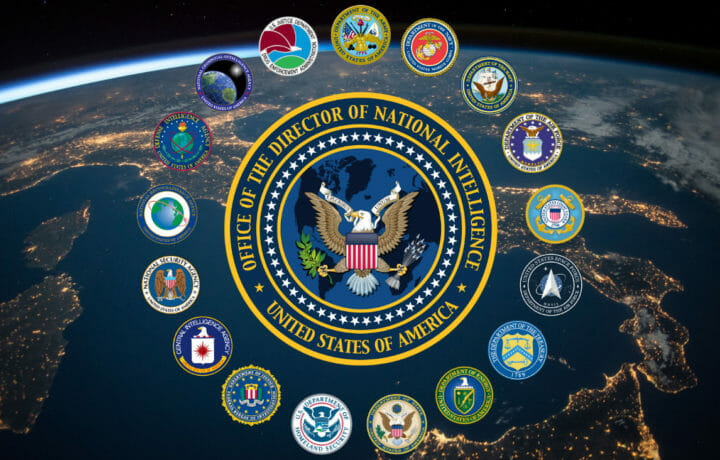Clearance hopefuls sometimes get discouraged and wonder whether they should even bother applying. In many of those cases, despite potential concerns, the client has a strong chance of success, and I will reassure them, don’t count yourself out. There is one big factor; however, that may sway that assessment: if the individual plans to apply to a “three-letter agency.”
KEY CONSIDERATIONS BEFORE APPLYING WITH A THREE-LETTER AGENCY
Now, to be fair, not all three-letter agencies are the same, but keep in mind that many of the below issues are true to some degree for every intelligence agency and should be considered if you plan to apply.
1. You will likely have to take a polygraph.
Universal truth: polygraphs are brutal. Even squeaky-clean applicants loathe the pressure and the invasiveness of a poly. And, for some, the scope of the questions comes as a surprise. Think of it like this, if the SF-86 is a COVID swab (an uncomfortable but predictable measure), the poly is a colonoscopy—an invasive and painful look at all of your you-know-what. That said, discomfort alone, is generally not a reason to pass on a position that requires a poly—you should ask yourself what kind of polygraph you will be required to take and will you have to disclose skeletons you thought were long buried (and potentially compromise your collateral clearance, if you have one).
Anecdotally, said skeletons typically fall into three categories: 1) criminal conduct not previously discovered (commonly sexual, such as paying for sex, child pornography, voyeurism); 2) drugs; and 3) lying on a prior SF-86. These issues often come up in a poly for the first time for a few different reasons. For example, lying on prior SF-86s and criminal conduct for which you were never caught are not covered by the SF-86. And lying about prior drug use is apparently an unfortunate rite of passage for many applicants. Thus, if you have been through a standard investigation, you have probably never been directly asked about these topics.
It is also important to know that if you admit to a crime other than drug use during your poly, the information could be referred to law enforcement. Anyone considering a position that requires a poly should seriously consider whether they have a past that might compromise their future.
2. You may be denied a clearance for a job you have long moved on from.
For those who work for agencies like DoD which will only investigate and adjudicate a clearance if the applicant has an active need for the clearance, “loss of jurisdiction” (essentially, clearance purgatory) is incredibly frustrating and can cause serious disruptions to one’s career. But the flip side is that some agencies such as the CIA will continue to adjudicate your clearance even if you have both moved on. And, for some, a denial can come several years after applying. To summarize the frustrations of many a scorned applicant: the only thing worse than a clearance denial is a clearance denial for a job you didn’t want anymore, anyway.
3. A denial may impact your existing clearance.
Is it possible to apply with a three-letter agency and be denied eligibility for SCI or SAP access (and therefore denied the position) without losing existing clearance eligibility? Yes. Is it much more common that the issues discovered will compromise the individual’s existing clearance? Also yes. For example, all of the common issues that come out in a polygraph (drugs, crime, and lying) fall squarely under the guidelines that apply to lower-level clearances (SEAD 4, Guidelines H, J, and E) and would raise concerns for eligibility at any level of clearance or for a sensitive position.
Notably, intelligence agencies also look more closely at foreign contacts under the baseline criteria for SCI access, which may raise concerns for individuals under Guideline B (foreign influence) even where the individual was previously cleared by another agency. A denial under those circumstances will likely still trigger a review of the individual’s existing clearance, but the risks are typically lower.
KEEP IN MIND THAT RISK LEVEL WILL VARY
These risks are important to consider but it is also important to keep in mind that the amount of risk will vary with each applicant. Intelligence agencies do important work and plenty of people meet the high standards. If you are considering a position with a three-letter agency, you should look closely at the clearance requirements of the position and assess whether, for you, any risk is worth the reward.
The above content is not legal advice and does not create an attorney-client relationship. The handling and outcome of any legal matter depends on varying factors unique to each matter, and results cannot be predicted or guaranteed. Do not act upon information without seeking legal counsel.




